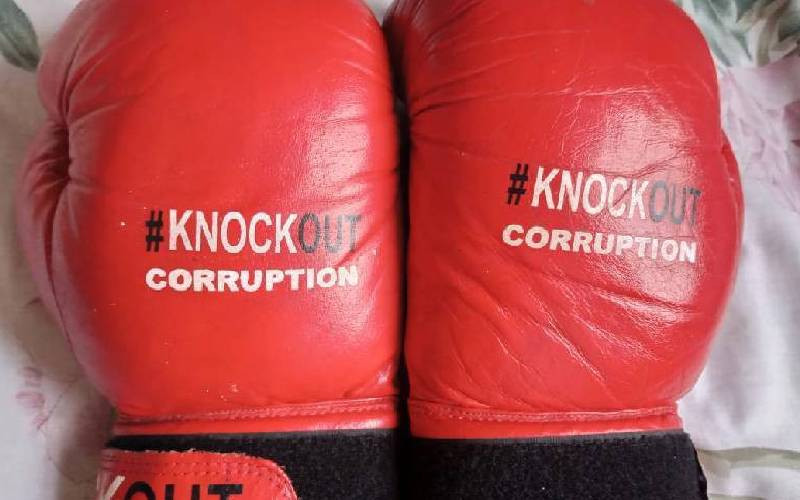×
The Standard e-Paper
Smart Minds Choose Us

The government has been challenged to tame the current trend of massive corruption within the government and reduce the appetite for external borrowing.
Hotelier and Businessman Nazir Jinnah has said the current economic challenges that are bedeviling the country if not addressed will continue to widen the gap between the rich and poor.